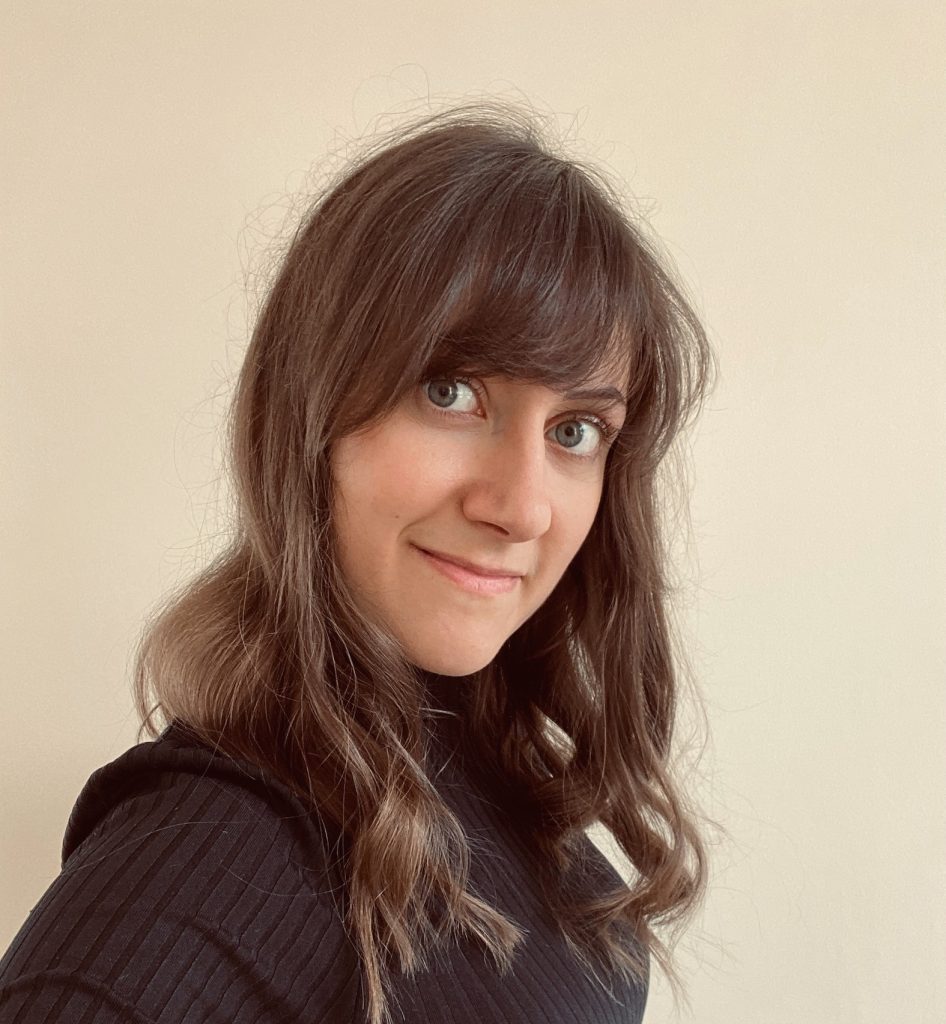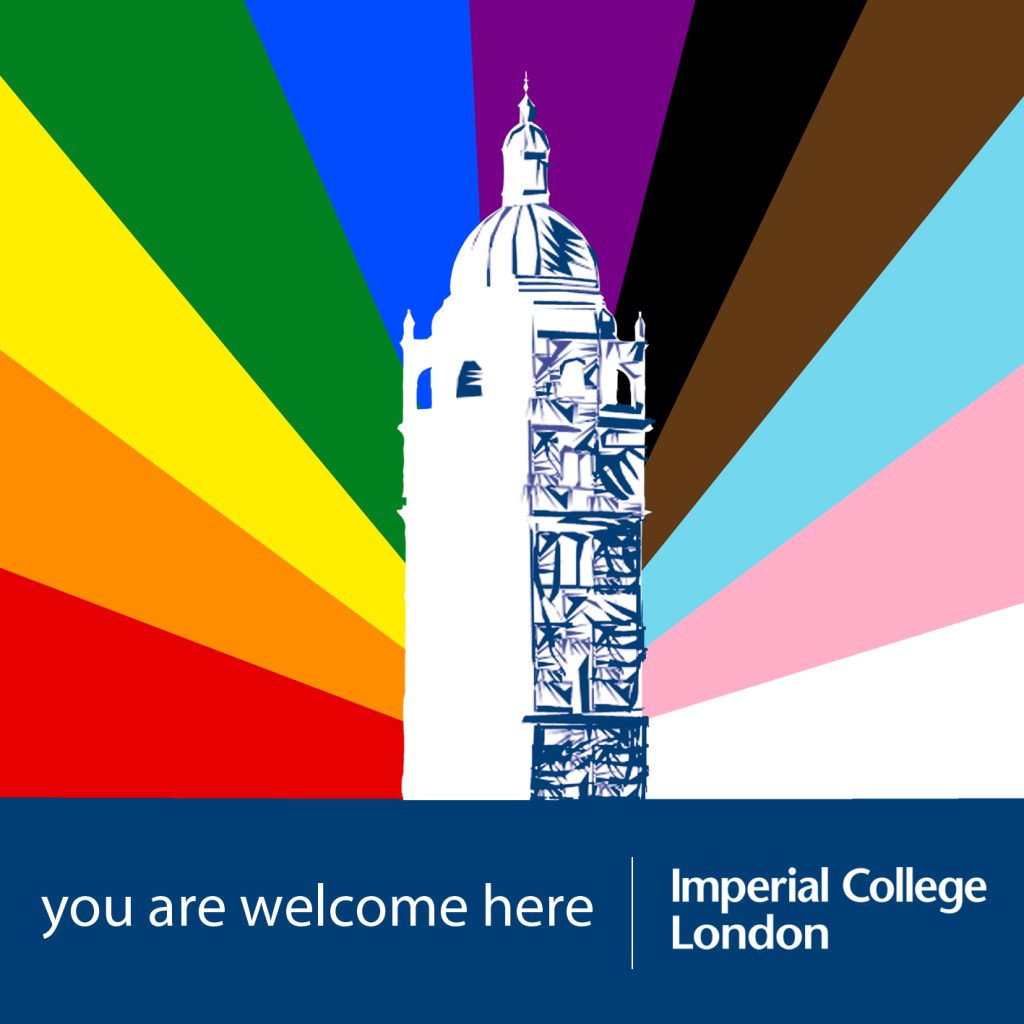
Nan is a PhD student in the Department of Brain Sciences at Imperial College London
Tell me a little about yourself
I’m originally from Norfolk but I moved to London in late 2017 for university. I came to Imperial for my undergraduate, stayed for my master’s, and still haven’t left! Now, in my PhD, I am investigating how we can use machine learning methods to augment the in-home monitoring process and improve the provision of personalised healthcare. I’m also a part of the UK Dementia Research Institute Care Research & Technology Centre so my work focuses specifically on trying to improve the quality of life for people living with dementia, their loved ones, and their care providers.
What was your journey into science like?
Growing up, I absolutely loved science subjects, particularly anything neuroscience-y but originally, I was hoping to study medicine as I was keen on joining the Royal Army Medical Corps. But then, after my A-levels, I took a year out during which I interned at the John Innes Centre for plant and microbial science, and it was here that I was given my first insight into the world of coding and computer science. Honestly, I fell completely in love with the field and (much to my parents’ relief I think), was then set on pursuing a career where I could merge computer science and medicine, specialising in the nervous system. And that’s how I ended up where I am now!
Do you think being LGBTQ+ influenced your journey in science and/or the choices you made along the way?
I think a few different things influenced my journey into science, including being LGBTQ+. Thinking back to my school days, I realise now the curriculum was very binary. There were the girls and there were the boys. For example, the boys were more encouraged to learn the formal, the natural and the social sciences, particularly when it came to extracurricular opportunities, whereas girls were more encouraged towards courses in the creative arts and domestic science. And that’s not to say that those courses aren’t interesting or valuable, they are incredibly interesting and valuable, but it did not feel like everyone had an equal opportunity to learn everything they might want to learn because of this very binary gender divide. Because of this, I never knew whether a subject like computer science would be something I would be any good at, much less enjoy, so when I was introduced to it, it was quite the revelation!
I think this early school experience made me question how realistic my interest in a STEM career was, especially when I was younger. The fact that I was a disabled, queer woman, I believe, only magnified this feeling. I mean, despite the increasing number of women, queer people and disabled people entering STEM, there remains a distinct lack of public recognition and awareness of the work and accomplishments of these people. When we talk about diversity, we only think about numbers and quotas that companies try to fill. We don’t think about these numbers as real people, we don’t think about their experiences or their journeys and struggles. But this is exactly what under-represented groups need most. When we do not see ourselves represented in our fields of interest, the view we take is that these fields are inaccessible to us.
You mentioned that living with a disability, being a woman and being queer have all contributed to your journey into science. Do you find that each aspect has contributed equally, or that each brings its own unique set of challenges?
I think that each of these aspects has brought its own unique set of challenges, but I would also say that they have tended to contribute to my experiences as a combined group rather than individually. Again, I think it’s important to acknowledge that such aspects are not just statistics; they are the different facets that make up a person and shape the way in which we experience things throughout our lifetime, because of the barriers we might come across or because of the way other people might view us. For example, for me, I cannot really separate my experiences as a disabled person from my experiences as a queer woman as the former almost always affects the latter and vice versa.
These experiences are also unique to each person. For instance, while I might know what it’s like to live with a disability in my life, no two persons living with a disability will have the same set of experiences. For example, I do not know what it is like to be a person of colour living with a disability. I’m not saying that this makes my experiences or the challenges I have faced any less difficult, but I have not had to face the challenges a disabled person of colour has faced because I am a disabled person who has white privilege. And this is why it is so important that we have initiatives like this one, improving visibility and raising awareness of the issues experienced by under-represented groups as a whole, and specifically in STEM.
What piece of advice would you give to your younger self?
First, know yourself. Then, find your people. Be honest with yourself, about who you are and what you want to do. Then, find the people that make the space for this version of you. They will be your biggest support. They will clap the loudest when you rise and keep hold of your hand when you fall.
I would also encourage my younger self to speak up for what they believe in. Don’t be afraid to question the status quo. We’re always getting taught that there’s only one right way of doing things and often that way is quite exclusive, particularly in STEM fields. Make your own way!
What inspires you at the moment?
This might sound corny but I’d say being alive and life, in general, inspires me. We are all so unique and here for such a short time. I want to live as fully as I can, experience as much as I can, and accomplish as many of my dreams as I can – and if I can help someone else do that too, even better! My experiences as a queer woman living with a disability often remind me of the fragility of life, perhaps even helping me appreciate how precious life is and how it should never be taken for granted.
This interview is one of the many initiatives run by the LGBTQ+ Allies Network in the Department of Brain Sciences at Imperial. If you would like to get involved with what we do or just find out more about us, follow this link.
